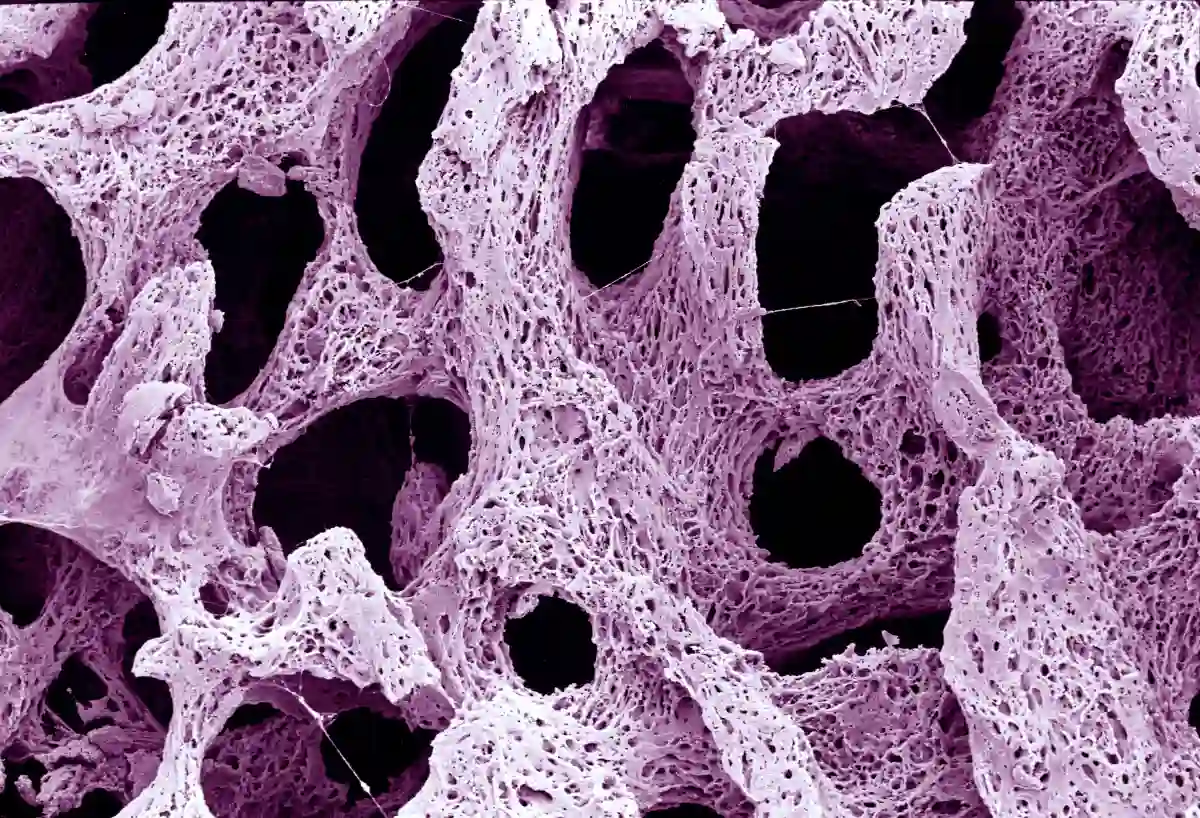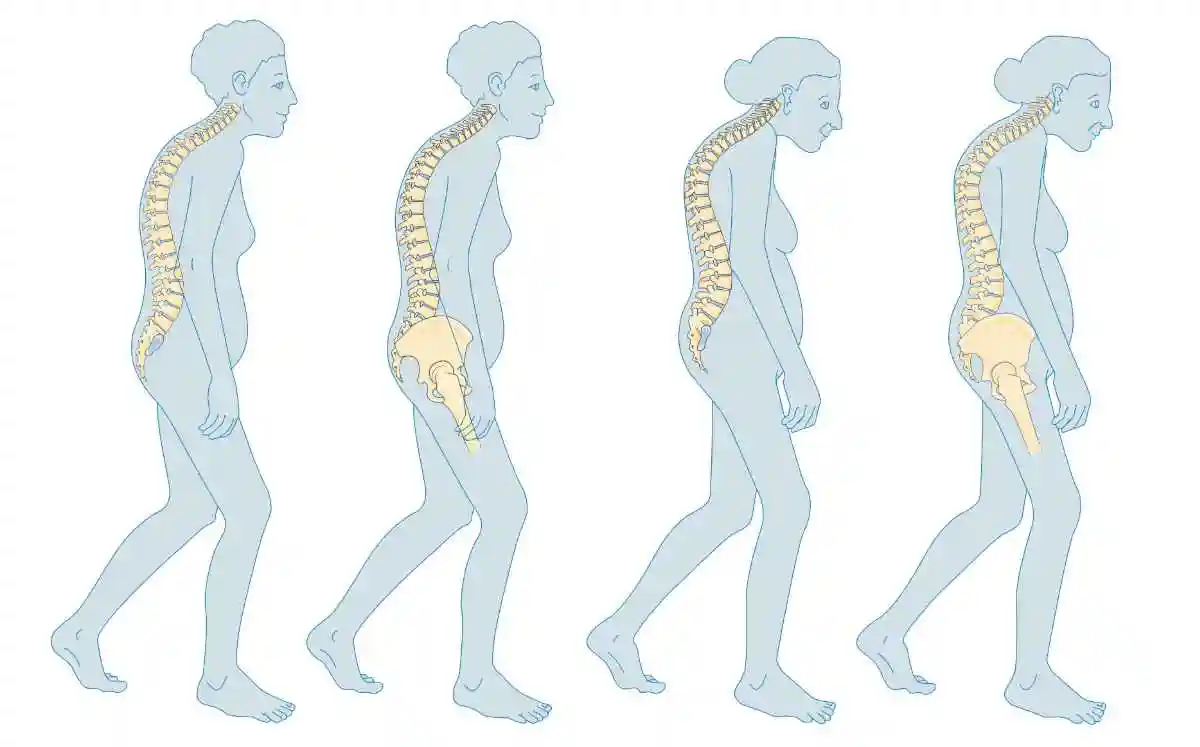Celiac.com 11/20/2023 - Celiac disease and osteoporosis are known to be linked due to several interrelated factors. We recently did an article on the role of celiac disease in the development of skeletal alterations in patients with osteoporosis. In addition to the connections mentioned in that article, here are some additional connections between these two conditions:
Malabsorption of Nutrients: Celiac disease, particularly when untreated or undiagnosed, can lead to damage in the small intestine. This damage impairs the absorption of various essential nutrients, including calcium and vitamin D. These nutrients are crucial for maintaining healthy bones. The malabsorption of calcium and vitamin D can contribute to the development of osteoporosis.
Celiac.com Sponsor (A12):
Chronic Inflammation: Celiac disease is characterized by chronic inflammation in the gut. Prolonged inflammation can have systemic effects on the body, including the promotion of bone loss and the development of osteoporosis.
Secondary Hyperparathyroidism: In celiac disease, the malabsorption of calcium can lead to secondary hyperparathyroidism. This is a condition where the parathyroid glands become overactive in response to low calcium levels in the blood. Hyperparathyroidism can further contribute to bone loss.
Low Body Weight: Celiac disease can lead to weight loss and a lower body mass index (BMI), which is associated with an increased risk of osteoporosis. Low body weight can result in decreased bone density, making the bones more susceptible to fractures.
Gluten-Free Diet and Nutrient Restoration: Fortunately, osteoporosis associated with celiac disease can often be managed or even reversed by adopting a strict gluten-free diet. When individuals with celiac disease eliminate gluten from their diet and allow their small intestine to heal, nutrient absorption improves. This, in turn, can lead to a recovery of bone density.
Supplementation: In some cases, healthcare professionals may recommend calcium and vitamin D supplementation to help restore bone health in individuals with celiac disease. These supplements can be especially beneficial during the early stages of adopting a gluten-free diet when the body is still healing.
Bone Density Monitoring: Individuals with celiac disease, particularly those who are newly diagnosed or have experienced severe bone loss, may benefit from bone density testing (e.g., dual-energy X-ray absorptiometry or DXA scans). Regular monitoring can help assess bone health and guide treatment decisions.
Lifestyle Factors: Besides diet, other lifestyle factors like engaging in weight-bearing exercises, quitting smoking, and moderating alcohol intake can contribute to better bone health and help mitigate the risk of osteoporosis.
It's important for individuals with celiac disease and osteoporosis to work closely with healthcare professionals, such as gastroenterologists, registered dietitians, and endocrinologists, to manage their conditions effectively.
By maintaining a strict gluten-free diet and addressing nutritional deficiencies, many individuals can improve their bone health and reduce the risk of osteoporosis associated with celiac disease.









Recommended Comments
There are no comments to display.
Create an account or sign in to comment
You need to be a member in order to leave a comment
Create an account
Sign up for a new account in our community. It's easy!
Register a new accountSign in
Already have an account? Sign in here.
Sign In Now